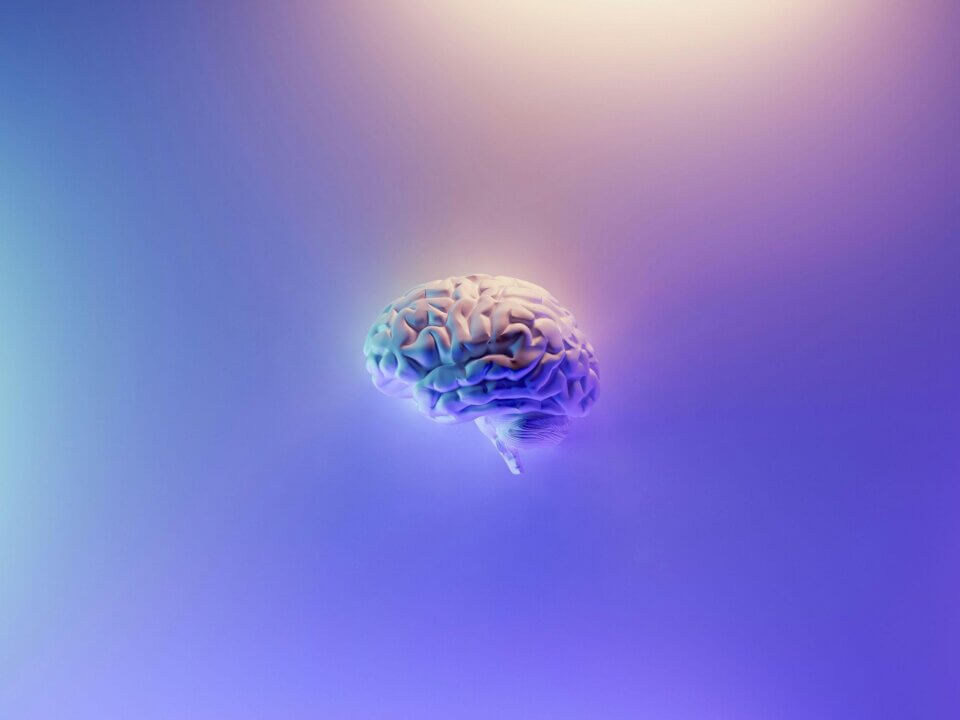
Midwest Mania
March 13, 2018
How Early Interactions With Your Caregiver Can Affect Relationships Long-Term
April 17, 2018Labeling and Stigma
It seems almost weekly that I hear people use the word “bipolar” to describe others – “he must be bipolar or something;” “I swear, she is bipolar” – using the term as an adjective to describe mood swings, irritability or strong emotions.
However, what people fail to realize is that when we casually throw around “bipolar” as a word to describe distressing or uncomfortable emotions, not only do we dilute the severity of bipolar disorder, we also contribute to the stigmatization of mental health by labeling or characterizing someone, in society’s terms, as “unstable,” “flawed,” or “crazy.” We don’t use other diseases or disorders as adjectives to describe them -- “he is so Lupus,” “she is so muscular dystrophy,” -- so why do we do it with bipolar disorder?
Bipolar disorder is an intense mood disorder characterized by extreme mood shifts – highs and lows -- including depressive symptoms and manic episodes separated by relatively normal periods of mood.
Types of Bipolar Disorders
There are two main subtypes of bipolar disorders including:
Bipolar I - the primary characteristic of Bipolar I is the presence of a manic episodes that severely affects social, work and relationship functions. The signs of a manic episode can include reduced need for sleep, euphoria, increased talking and restlessness, increased activity, as well as extreme pleasure-seeking or risky activities that could be destructive – shopping sprees, hypersexuality, excessive gambling, as well as psychosis and hallucinations in some.
Many times these manic episodes are followed by a “crash” or depressive episode that includes isolation, lack of interest in everyday activities, irritability, loss of energy or extreme fatigue, feelings of worthlessness and suicidal thoughts. People with bipolar symptoms are at a greater risk of suicide if left untreated.
Symptoms of Bipolar I are many times severe enough to impair social, work and relationship functions and may require hospitalization.
Bipolar II – characterized by severe depressive episodes typically lasting two weeks or more followed by a hypomanic episode. Hypomanic episodes are less intense and severe than manic episodes, but may include increased energy, restlessness and less need for sleep and more goal-oriented behavior. Bipolar II symptoms do not include psychosis or hallucinations as they do with Bipolar I. Hypomanic symptoms may present as a good mood, or irritability and anger. Those symptoms of Bipolar II typically do not impair social, work or relationship functions.
The causes of bipolar disorder are not fully understood, but research suggests genetics and changes in brain structures are contributing factors to the development of the disorder.
While the symptoms of bipolar can be severe and a struggle for those suffering, a diagnosis of the disorder does not define a person or become their identity any more than other illnesses or diseases does for someone else. Just because some “has” doesn’t mean he “is.”
Educating ourselves on mental health, learning more about someone’s struggle, as well eliminating the labels we use to describe others from a mental health perspective is key to reducing the stigma of mental illness and the shame of asking and seeking help.
Erin Swinson, LMHCA, LPC
Therapist
Clarity Clinic
American Psychiatric Association. (2013). Diagnostic and statistical manual of mental disorders (5th ed). Washington, DC.




